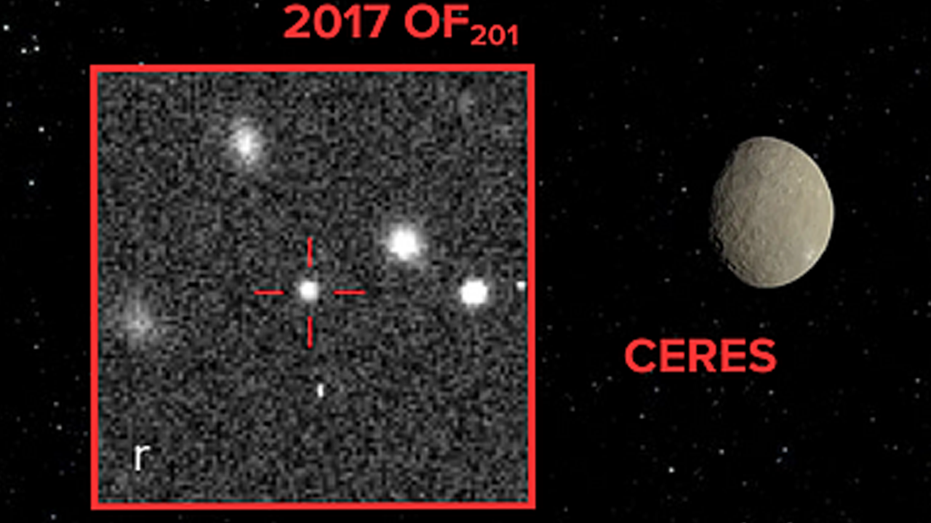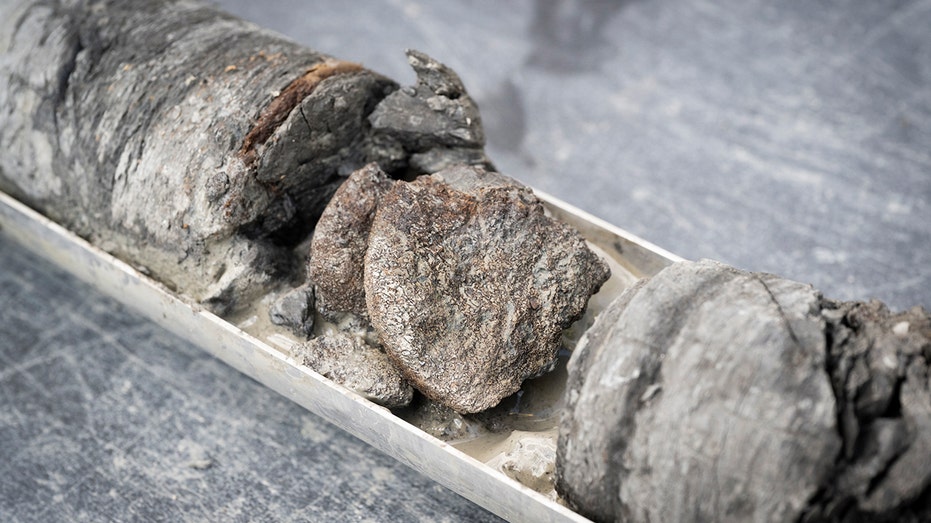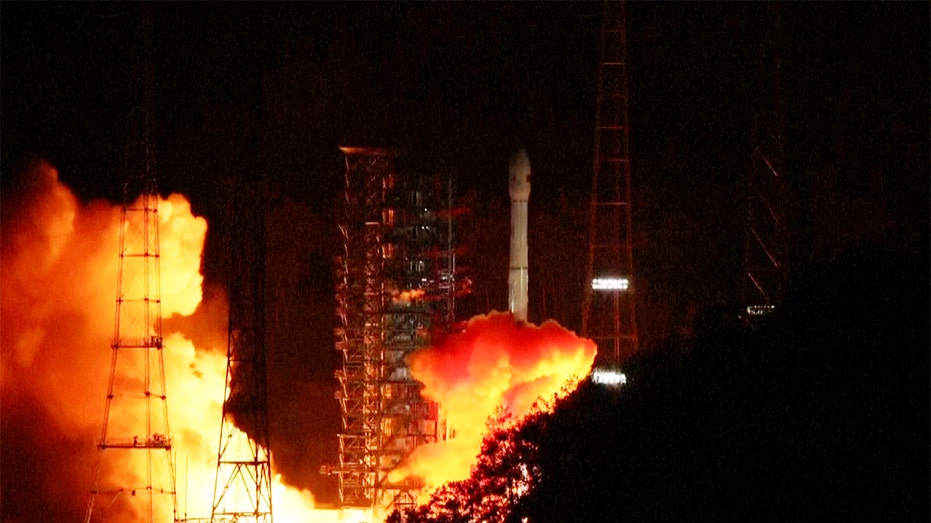New Dwarf Planet Discovery Fuels Planet Nine Mystery in Outer Solar System

Sarah Johnson
May 31, 2025
Brief
Astronomers discover a new dwarf planet, 2017OF201, fueling debate over Planet Nine’s existence in the outer solar system.
A team of astronomers at the Institute for Advanced Study in Princeton, New Jersey, has uncovered a potential new dwarf planet, dubbed 2017OF201, stirring fresh intrigue in the search for the elusive Planet Nine. This trans-Neptunian object (TNO), lurking beyond the icy Kuiper Belt, boasts an orbit so extreme it takes 25,000 years to circle the Sun.
Led by Sihao Cheng, alongside Jiaxuan Li and Eritas Yang from Princeton University, the team used cutting-edge computational techniques to pinpoint 2017OF201’s wild trajectory. Its farthest point from the Sun stretches 1,600 times Earth’s orbit, while its closest mirrors Pluto’s at 44.5 times Earth’s distance. Cheng suggests this object may have been flung to the distant Oort Cloud—a realm of comets—before being nudged back toward the Sun, possibly by a massive planet’s gravitational tug.
This discovery challenges the notion that the region beyond the Kuiper Belt is a cosmic void. It also fuels speculation about Planet Nine, a theoretical Neptune-sized world proposed by Caltech astronomers Konstantin Batygin and Mike Brown in 2016. Though yet to be observed, Planet Nine’s existence is inferred from the peculiar orbits of distant objects like 2017OF201. If real, it could be 10 times Earth’s mass and take up to 20,000 years to orbit the Sun.
While only 1% of 2017OF201’s orbit is visible, its discovery underscores how much of our solar system remains uncharted. As telescopes peer deeper, each finding like this brings us closer to unraveling the mysteries of our cosmic backyard.
Topics
Editor's Comments
So, 2017OF201 takes 25,000 years to orbit the Sun? That’s a commute even worse than my drive through Jersey traffic! If Planet Nine’s out there playing gravitational puppet master, it’s got some explaining to do for tossing this dwarf planet into the cosmic boonies.
Like this article? Share it with your friends!
If you find this article interesting, feel free to share it with your friends!
Thank you for your support! Sharing is the greatest encouragement for us.



